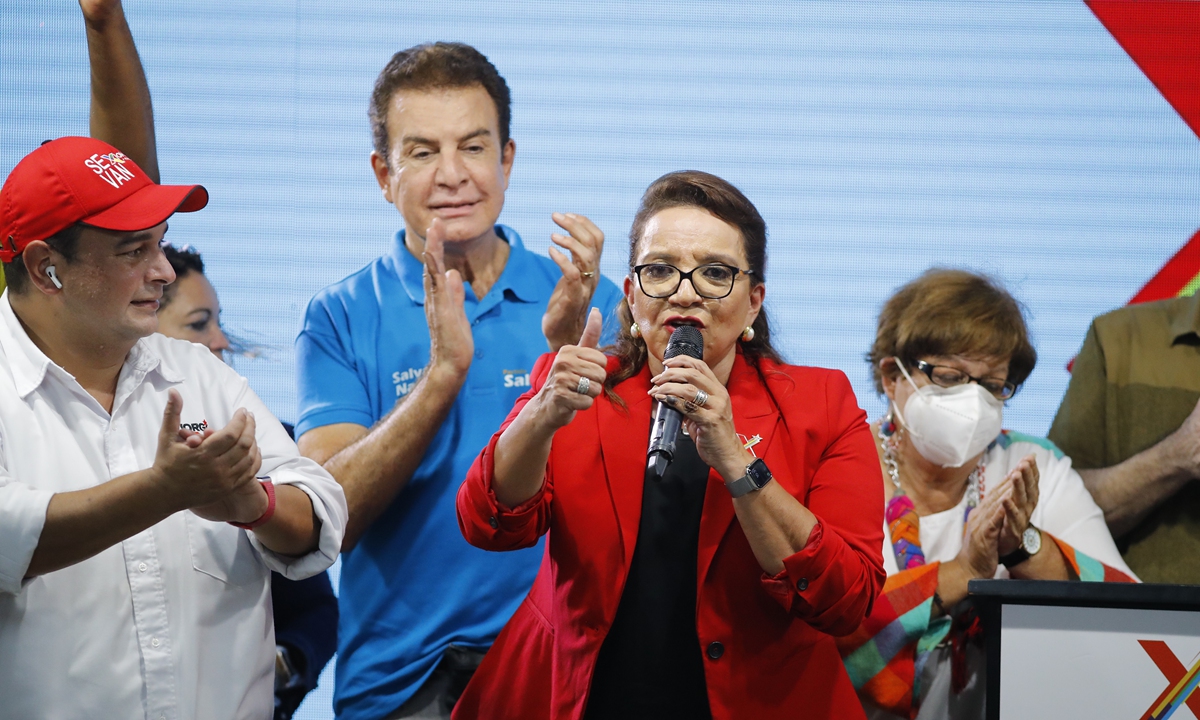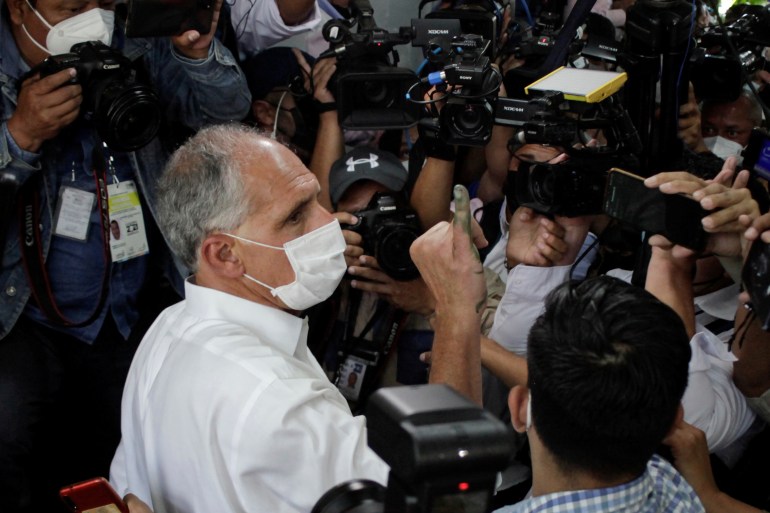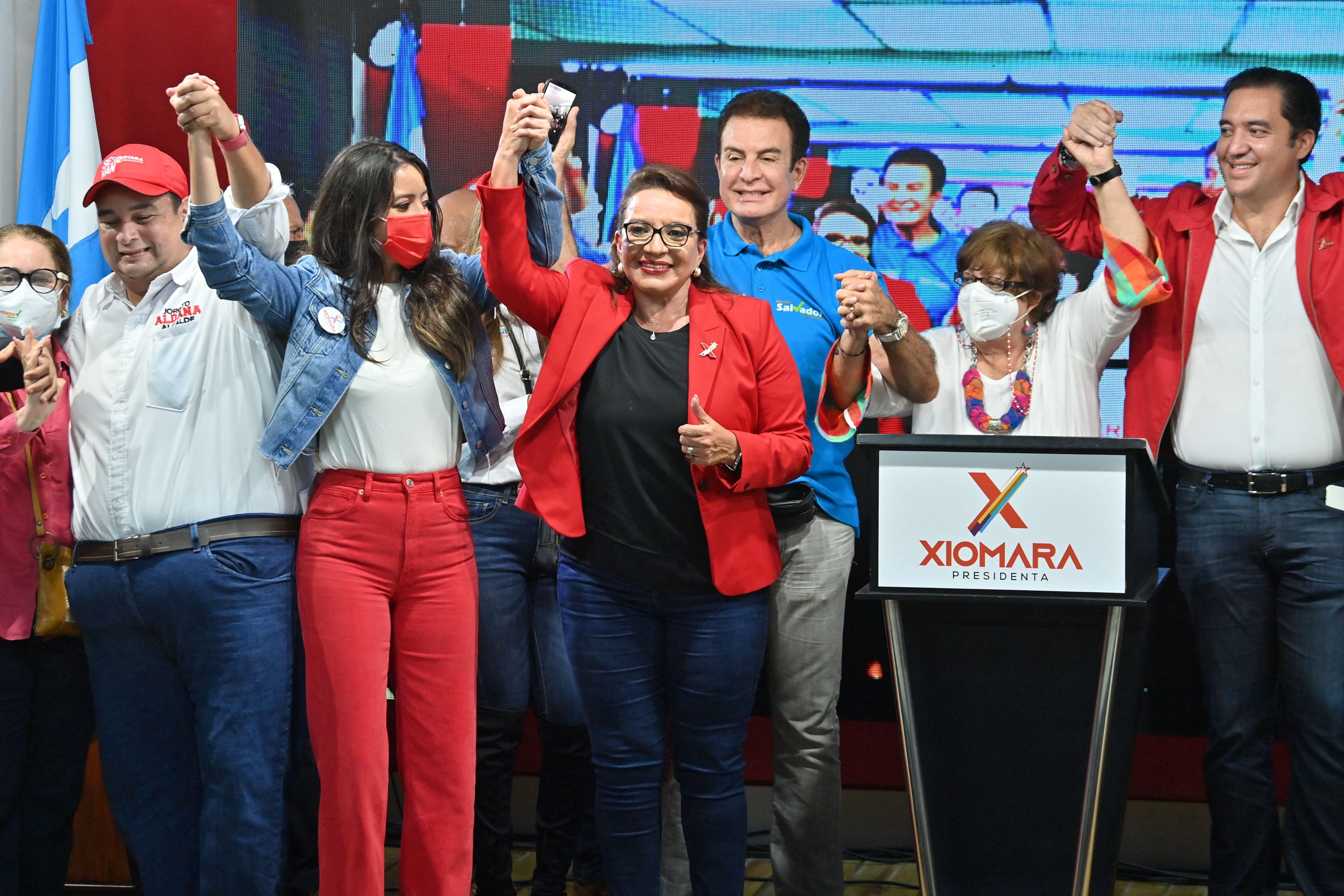Drivers at 2 carriers set to walk out on Friday
Monday, November 29, 2021

Around 200 container truckers serving the Port of Vancouver plan to strike starting Friday.
(Photo: Vancouver Fraser Port Authority)
The union representing container truckers at two carriers serving the Port of Vancouver issued a 72-hour strike notice on Monday, setting the stage for yet another major disruption at Canada’s largest maritime trading facility beginning Friday.
Unifor issued the notice after talks with Aheer Transportation failed to yield a new agreement. Talks with Prudential Transportation also failed last week.
The truckers account for about 200 of the 1,700 drivers serving the Port of Vancouver. They have been seeking health and dental benefits, and more detention pay.
Union official Gavin McGarrigle, Unifor’s western regional director, told American Shipper that the drivers’ ultimate grievance goes beyond their carriers.
“When push comes to shove, the larger shipping community that continues to drive down rates needs to ask itself: What is the cost of getting some industrial peace so that we can all serve the greater good of getting as much volume out of the port as possible?” McGarrigle said. “So you just can’t let these shipping interests behind the scenes nickel and dime the trucking companies to the point where we have these sporadic disputes.”
The looming strike comes as the Port of Vancouver — Canada’s largest and busiest — continues to struggle with the aftermath of storms that cut off CN and Canadian Pacific rail lines. Over the weekend, the number of ships waiting to dock reached over 50 as a result of backlogs and the slow recovery of the rail lines.
The port had already been dealing with a record level of container volumes before the storms. The coming weeks will likely see Vancouver push the limits of its capacity to get through the backlog.
There is also a long history of labor disputes involving container truckers at the port. A strike in 2014 brought container operations to a near-standstill.
Canadian labor expert Sara Slinn, a law professor at York University’s Osgoode Hall Law School, told American Shipper last week that the natural disaster in British Columbia, combined with the already unprecedented demands on the supply chain, would open the door for government intervention to end a strike if one goes forward.
“Port workers of all stripes have pretty significant bargaining power right now, but at the same time, it really is a crisis situation in parts of the province right now,” Slinn said. “I think it’s not an unreasonable argument that a strike would be a threat to the economy.”
Aheer and Prudential did not immediately respond to requests for comment.
The union representing container truckers at two carriers serving the Port of Vancouver issued a 72-hour strike notice on Monday, setting the stage for yet another major disruption at Canada’s largest maritime trading facility beginning Friday.
Unifor issued the notice after talks with Aheer Transportation failed to yield a new agreement. Talks with Prudential Transportation also failed last week.
The truckers account for about 200 of the 1,700 drivers serving the Port of Vancouver. They have been seeking health and dental benefits, and more detention pay.
Union official Gavin McGarrigle, Unifor’s western regional director, told American Shipper that the drivers’ ultimate grievance goes beyond their carriers.
“When push comes to shove, the larger shipping community that continues to drive down rates needs to ask itself: What is the cost of getting some industrial peace so that we can all serve the greater good of getting as much volume out of the port as possible?” McGarrigle said. “So you just can’t let these shipping interests behind the scenes nickel and dime the trucking companies to the point where we have these sporadic disputes.”
The looming strike comes as the Port of Vancouver — Canada’s largest and busiest — continues to struggle with the aftermath of storms that cut off CN and Canadian Pacific rail lines. Over the weekend, the number of ships waiting to dock reached over 50 as a result of backlogs and the slow recovery of the rail lines.
The port had already been dealing with a record level of container volumes before the storms. The coming weeks will likely see Vancouver push the limits of its capacity to get through the backlog.
There is also a long history of labor disputes involving container truckers at the port. A strike in 2014 brought container operations to a near-standstill.
Canadian labor expert Sara Slinn, a law professor at York University’s Osgoode Hall Law School, told American Shipper last week that the natural disaster in British Columbia, combined with the already unprecedented demands on the supply chain, would open the door for government intervention to end a strike if one goes forward.
“Port workers of all stripes have pretty significant bargaining power right now, but at the same time, it really is a crisis situation in parts of the province right now,” Slinn said. “I think it’s not an unreasonable argument that a strike would be a threat to the economy.”
Aheer and Prudential did not immediately respond to requests for comment.




















